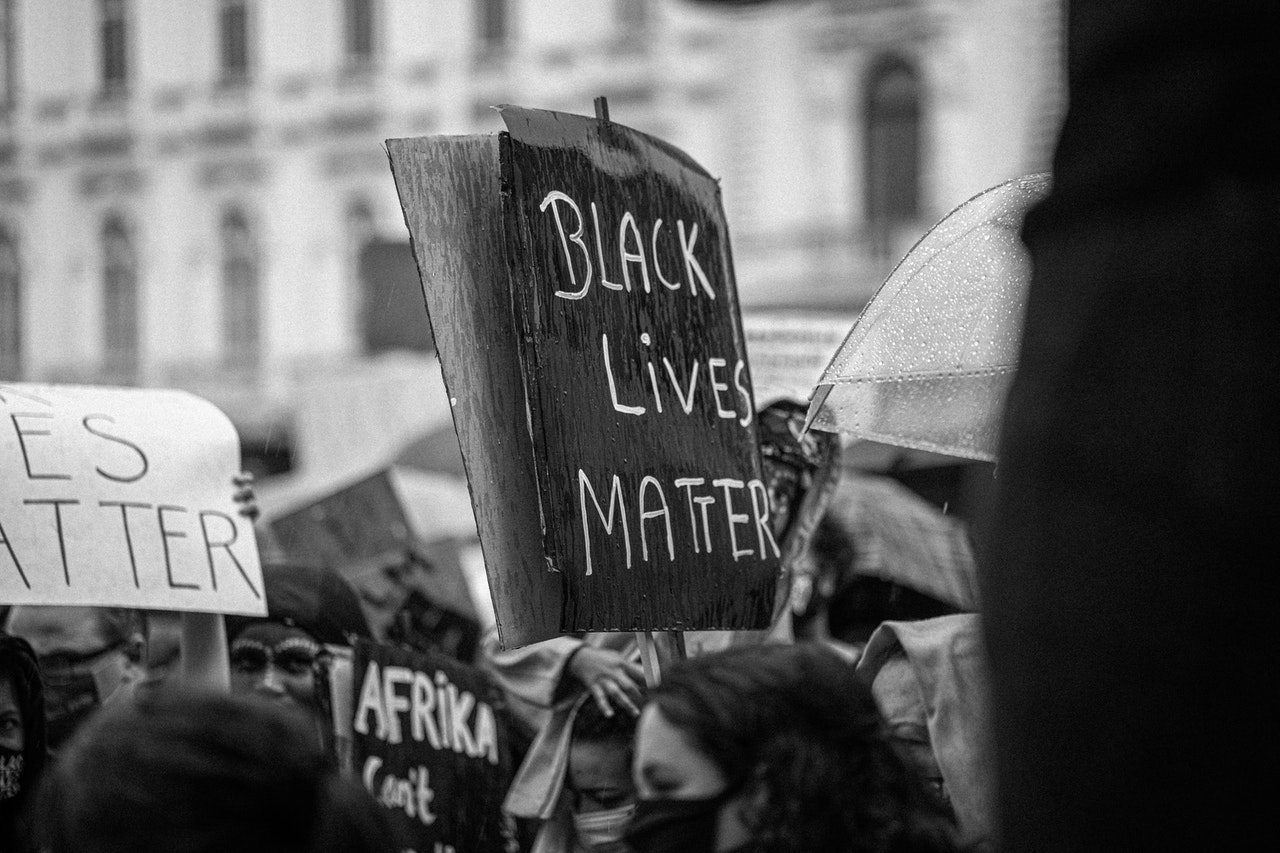“Racism has no place in our society”
The recent death of 46 year old George Floyd, an African-American man from Minnesota, triggered a global Black Lives Matter movement. This movement has prompted industries around the world to revaluate their stance on diversity and racial equality within the workplace. The legal industry is no exception which has been reiterated by the Law Society in a recent press release statement: “George Floyd’s death has caused outrage around the world and exposed injustices and inequalities… As well as expressing sadness and sympathy it is vital we use this difficult time to reflect on the actions we must all take to tackle discrimination, as individuals, firms, businesses and communities”.
What are the statistics around BAME employees in the legal industry?
BAME representation has increased within the legal industry in recent years. Statistics provided by the Law Society revealed that 17.3% of PC holders who provided their ethnicity identified with a BAME group in 2019 compared to 16.5% in 2017. Despite this positive figure, it’s important to note that black solicitors are very much under-represented within the industry. Ethnicity data finds that only 0.8% of solicitors identify as African Caribbean and 1.8% as African whereas 10.1% identify as Asian. It’s important for firms like Wolf Law accident solicitors in Liverpool to be aware of statistics like these going forward.
Systematic racism in the legal profession
In an article for the Law Gazette, Umar Kankiya writes about his experiences as a black Lawyer: “When I finally entered the profession in 2010, the black partner I worked under told me: ‘Umar, you need to work 10 times harder than everyone else, you need to do double your chargeable hours each week, make sure you bill double your targets as that is how you will get a training contact’. My white contemporaries didn’t receive the same advice.”
In addition, Kankiya explains how the system’s set up affects him: “For example, if you are in a firm which is predominantly white, particularly at leadership level, and you do not share the same interests, it is difficult to break through. Enjoying things like golf, theatre, ballet, all of which are quite expensive, can be unattainable if you come from a lower social economic background. If you don’t have the means to relate to people in this way, you are at a disadvantage and that’s not withstanding the colour of your skin as well.”
What’s important going forward?
For many legal firms like Wolf Law accident solicitors in Liverpool, education is key. This problem is not limited to the USA, so it’s integral that the wider and global legal profession takes note and strives for change. There are many practical resources available for firms to educate themselves, including a BAME inclusivity toolkit curated and provided by the Law Society. The legal industry must listen and speak out to consistently improve diversity and inclusivity in the workforce. It’s imperative that the legal industry implements positive changes to ensure fair representation and actively challenge any ideas that do not support inclusivity.
Jason Ku the CEO of Pirical, an HR data analysis company, notes that: “Interest in our ethnic diversity products has rocketed in recent months.” Furthermore, he states: “I’m not a betting man but I do work in probabilities. I’d say it’s very likely that transparency around ethnic diversity will be a defining feature of UK legal practice management for many years to come.”
What will change do?
From a business point of view alone, promoting diversity and inclusivity can help attract a wider client base and also improve performance. Not only that, it can reduce the likelihood of discrimination claims and help firms become employers of choice. In a 2017 study, the CIPD reported that “Britain could add £24 billion to GDP if full BAME representation was achieved in the labour market”. In addition, McKinsey & Company’s 2018 Delivering Through Diversity report claimed “companies in the top 25% for ethnic diversity were 33% more likely to achieve profit above the industry average EBIT (earnings before interest and taxes) margin than those in the bottom 25%”.
Small changes to make a big difference
Even local legal firms like Wolf Law, accident solicitors in Liverpool can make a difference. What about hosting an event and inviting a BAME guest speaker to talk about their legal career? Perhaps you could start a book club with a focus on BAME or other minority authors or listen to an educational podcast. The events surrounding and following the 2020 Black Lives Matter movement have “led the Law Society and our members to reflect on how we can make the legal profession more inclusive by tackling racial inequalities and creating opportunities for black people in the profession” – make sure your firm takes the time to reflect and implement positive changes where they are needed.
